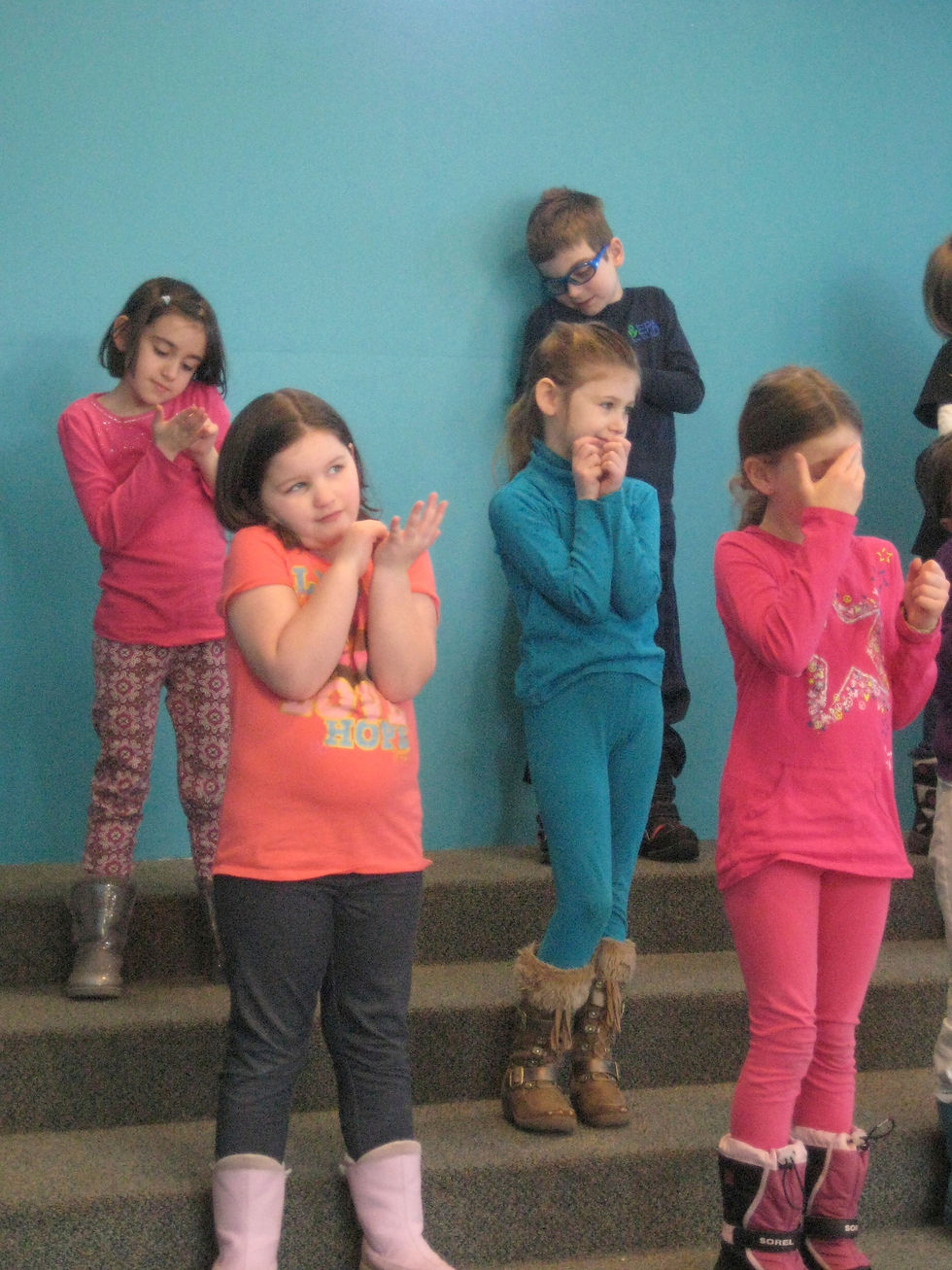
Some emotions make us wiggly. Some emotions make us giggly—when we don't think they should. Some feelings make us itchy, and hot, and not want to look anybody in the eye, or sit still. Some emotions can't sit still.
And that's okay. That's totally okay. It's okay to wiggle, or even stand up, or doodle or draw, or eat your snack. While we read this story that might lead you to feel some big emotions.
That's what I told kids before I read Ida, Always at Greenlight Bookstore a couple weeks ago and it's also what I told a group of kids in a loss & bereavement group whom I was reading Boats For Papa by Jessixa Bagley with the other day. We were reading it because alot of them were going through something like Buckley, the little beaver who was missing his Papa a whole lot. The kids had been talking about it the previous week. Asking themselves what to do about that feeling, when you miss someone special and you wish they were there on a special day and you wish you could give them something. So we read the book and they their bodies were squiggling and wiggling, slipping and sliding.
Because they were listening. And they were hearing. And they were feeling.
In the Ida, Always Activity guide one of the suggestions is to Give Kids Permission to Scribble & Squirm. It's easy to misread wiggles and squiggles. We are taught and we teach that Listening means sitting very still, completely quiet, and complete eye contact. We then might interpret kids who are doodling or interrupting with seemingly off topic comments, or who are kicking their legs, as not listening. As bored or disrespectful or hyper. But when it comes to reading stories that make us feel big feelings, the moving and grooving is actually a sign they are listening. And allowing big feelings inside of them, and learning how they move, and what to do with them. And maybe wanting to show us that they are feeling.
I paused and said to the kids that I noticed they were wiggling, and I wondered if it was because there were some feelings happening. We named some of them. I asked did they want to stop reading the story? They all said no, very firmly. So I asked what helped each of them sit with those feelings...one kid wanted to put his head on the desk, one kid wanted to color, and another girl wanted a ball to squeeze. So we made our reading adjustments and kept reading.
And after we read, the kids had many suggestions for each other about what to do when you miss someone. They came up with ideas such as making something for the special person and then giving it to another special person, or keeping it somewhere special for yourself to look at when you are older. We also talked about what to do with the feelings that come when you miss someone who is gone; one of the suggestions was to read a story together with friends who understand. Even if it makes you squiggly.
(The full and free Ida, Always Activity Guide is coming very soon!)

